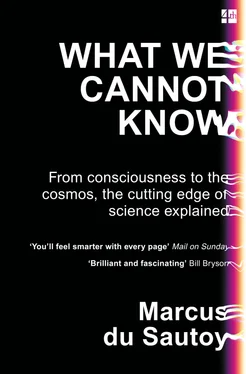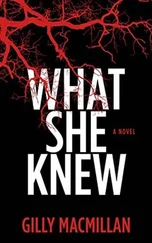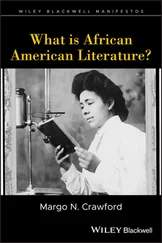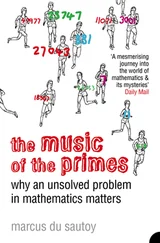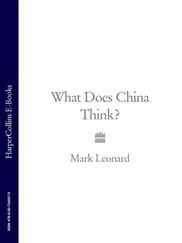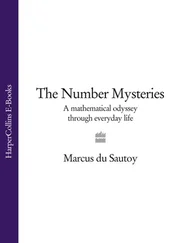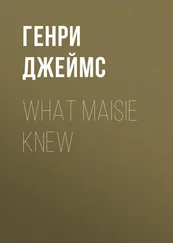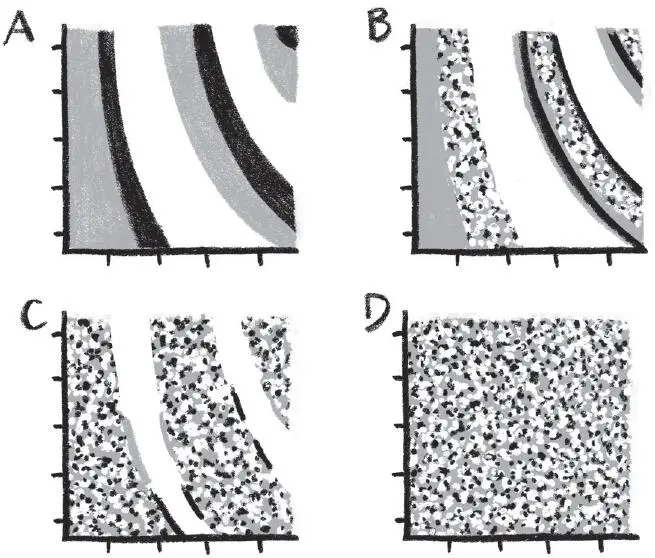
Moving from (a) to (d), the table dissipates less energy, resulting in a more fractal quality for the outcome of the dice.
This picture looks at varying two parameters: the height from which the dice is launched and variations in the angular velocity around one of the axes. The less energy that is dissipated on impact with the table, the more chaotic its resulting behaviour and the more it seems that the outcome of my dice recedes back into the hands of the gods.
What of the challenge to define God as the things we cannot know? Chaos theory asserts that I cannot know the future of certain systems of equations because they are too sensitive to small inaccuracies. In the past gods weren’t supernatural intelligences living outside the system but were the rivers, the wind, the fire, the lava – things that could not be predicted or controlled. Things where chaos lay. Twentieth-century mathematics has revealed that these ancient gods are still with us. There are natural phenomena that will never be tamed and known. Chaos theory implies that our futures are often beyond knowledge because of their dependence on the fine-tuning of how things are set up in the present. Because we can never have complete knowledge of the present, chaos theory denies us access to the future. At least until that future becomes the present.
That’s not to say that all futures are unknowable. Very often we are in regions which aren’t chaotic and small fluctuations have little effect on outcomes. This is why mathematics has been so powerful in helping us to predict and plan. Here we have knowledge of the future. But at other times we cannot have such control, and yet this unknown future will certainly impact on our lives at some point.
Some religious commentators who know their science and who try to articulate a scientific explanation for how a supernatural intelligence could act in the world have intriguingly tried to use the gap that chaos provides as a space for this intelligence to affect the future.
One of these religious scientists is the quantum physicist John Polkinghorne. Based at the University of Cambridge, Polkinghorne is a rare mind who combines both the rigours of a scientific education with years of training to be a Christian priest. I will be meeting Polkinghorne in person in the Third Edge when I explore the unknowability inherent in his own scientific field of quantum physics. But he has also been interested in the gap in knowledge that the mathematics of chaos theory provides as an opportunity for his God to influence the future course of humanity.
Polkinghorne has proposed that it is via the indeterminacies implicit in chaos theory that a supernatural intelligence can still act without violating the laws of physics. Chaos theory says that we can never know the set-up precisely enough to be able to run deterministic equations, and hence there is room in Polkinghorne’s view for divine intervention, to tweak things to remain consistent with our partial knowledge but still influence outcomes.
Polkinghorne is careful to stress that to use infinitesimal data to effect change requires a complete holistic top-down intervention. This is not a God in the detail but by necessity an all-knowing God. Given that chaos theory means that even the location of an electron on the other side of the universe could influence the whole system, we need to have complete, holistic knowledge of the whole system – the whole universe – to be able to steer things. We cannot successfully isolate a part of the universe and hope to make predictions based on that part. So it would require knowledge of the whole to act via this chink in that which is unknown to us.
Chaos theory is deterministic, so this isn’t an attempt to use the randomness of something like quantum physics as a way to have influence. Polkinghorne’s take on how to square the circle of determinism and influence the system is to use the gap between epistemology and ontology, between what we know and what is true. Since we cannot know a complete description of the state of the universe at this moment in time, this implies that from our perspective there is no determinacy. There are many different scenarios that coincide with our impartial description of what we currently know about how the universe is set up. Polkinghorne’s contention is that at any point in time this gives a God the chance to intervene and shift the system between any of these scenarios without us being aware of the shift. But, as we have seen, chaos theory means that these small shifts can still have hugely different outcomes. Polkinghorne is careful to assert that you allow shifts between systems where there is change only in information, not energy. The rule here is not to violate any rules of physics. As Polkinghorne says: ‘The succession of the seasons and the alternations of day and night will not be set aside.’
Even if you think this is rather fanciful (which I certainly do), a similar principle is probably key to our own feeling of agency in the world. The question of free will is related ultimately to questions of a reductionist philosophy. Free will describes the inability to make any meaningful reduction in most cases to an atomistic view of the world. So it makes sense to create a narrative in which we have free will because that is what it looks like on the level of human involvement in the universe. If things were so obviously deterministic, with little variation to small undetectable changes, we wouldn’t think that we had free will.
It is striking that Newton, the person who led us to believe in a clockwork deterministic universe, also felt that there was room in the equations for God’s intervention. He wrote of his belief that God would sometimes have to reset the universe when things looked like they were going off course. He got into a big fight with his German mathematical rival Gottfried Leibniz, who couldn’t see why God wouldn’t have set it up perfectly from the outset:
Sir Isaac Newton and his followers have also a very odd opinion concerning the work of God. According to their doctrine, God Almighty wants to wind up his watch from time to time: otherwise it would cease to move. He had not, it seems, sufficient foresight to make it a perpetual motion.
Newton and his mathematics gave me a feeling that I could know the future, that I could shortcut the wait for it to become the present. The number of times I have heard Laplace’s quote about ultimately being able to know everything thanks to the equations of motion is testament to a general feeling among scientists that the universe is theoretically knowable.
The mathematics of the twentieth century revealed that theory doesn’t necessarily translate into practice. Even if Laplace is correct in his statement that complete knowledge of the current state of the universe together with the equations of mathematics should lead to complete knowledge of the future, I will never have access to that complete knowledge. The shocking revelation of twentieth-century chaos theory is that even an approximation to that knowledge won’t help. The divergent paths of the chaotic billiard table mean that since we can never know which path we are on, our future is not predictable.
Chaos theory implies that there are things we can never know. The mathematics in which I had placed so much faith to give me complete knowledge has revealed the opposite. But it is not entirely hopeless. Many times the equations are not sensitive to small changes and hence give me access to predictions about the future. After all, this is how we landed a spaceship on a passing comet. Not only that: as Bob May’s work illustrates, the mathematics can even help me to know when I can’t know.
Читать дальше
